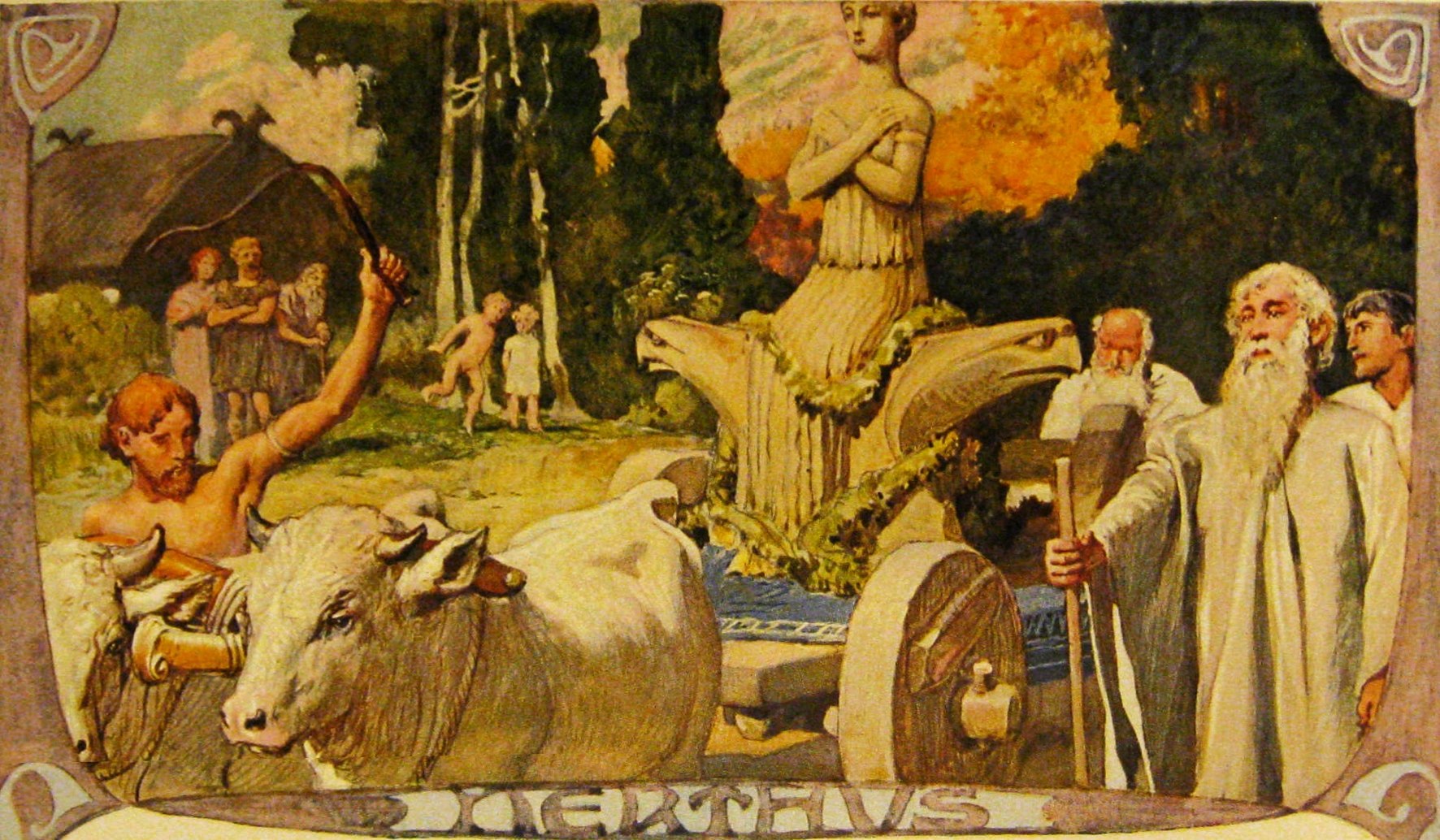In ancient times, among the Celtic populations, at the beginning of August Lughnasadh / Lammas was celebrated, the festival of the first harvest, established according to the myth by the god Lugh himself. An analysis of the functions of the latter will allow us to highlight its remarkable versatility and correspondences with other divinities of the Indo-European traditions (such as Apollo, Belenus and Odin) and even with two divine powers of the Judeo-Christian tradition apparently opposed to each other. : Lucifer and the archangel Michael.



